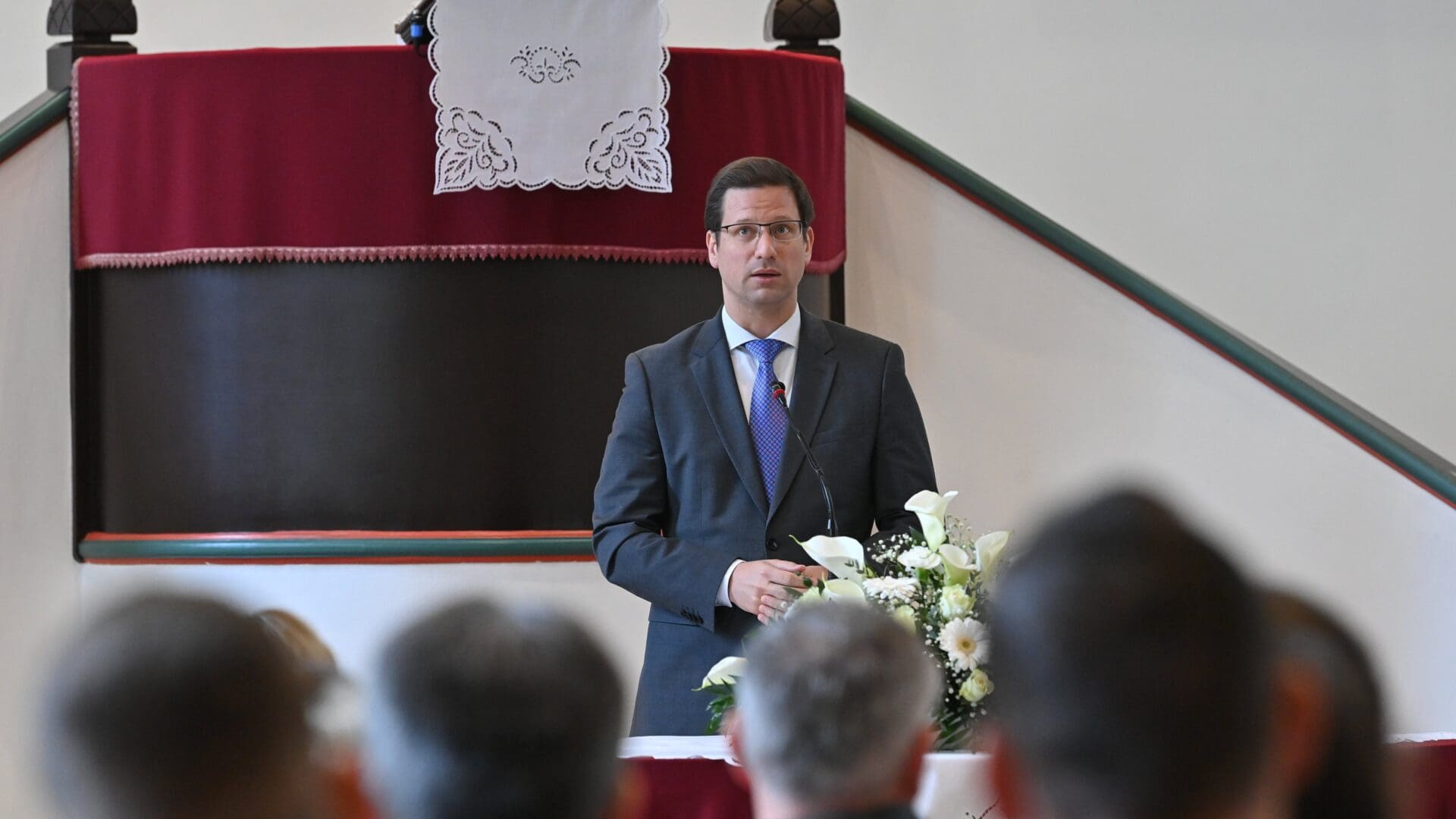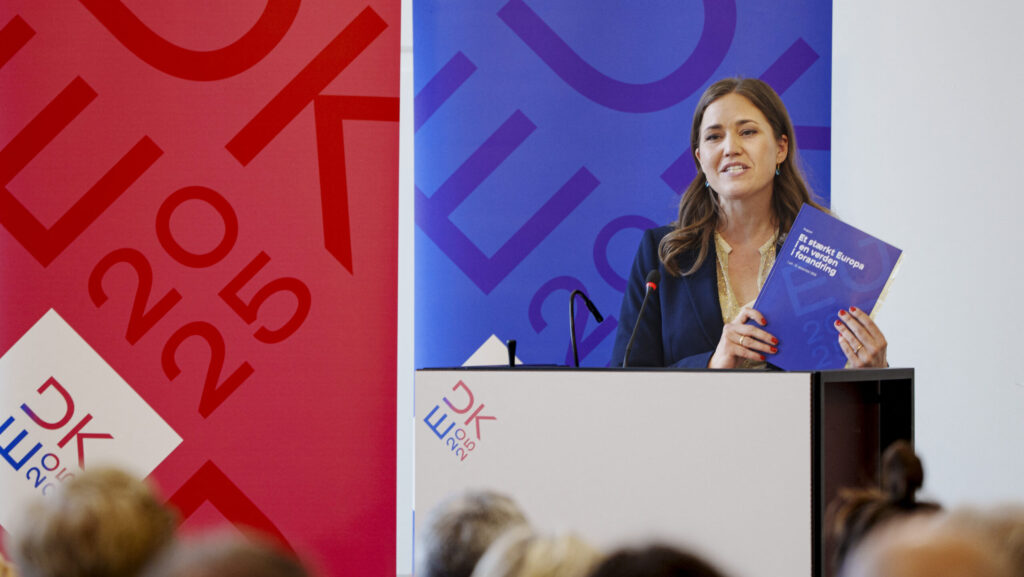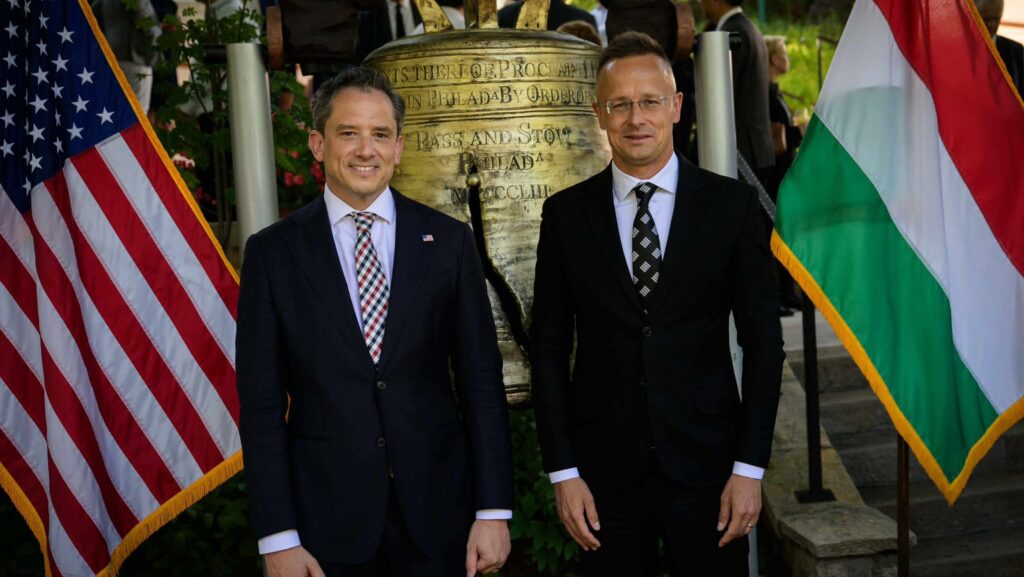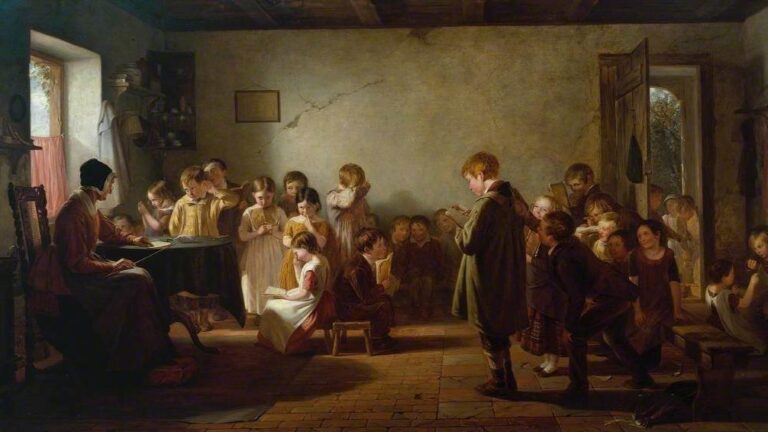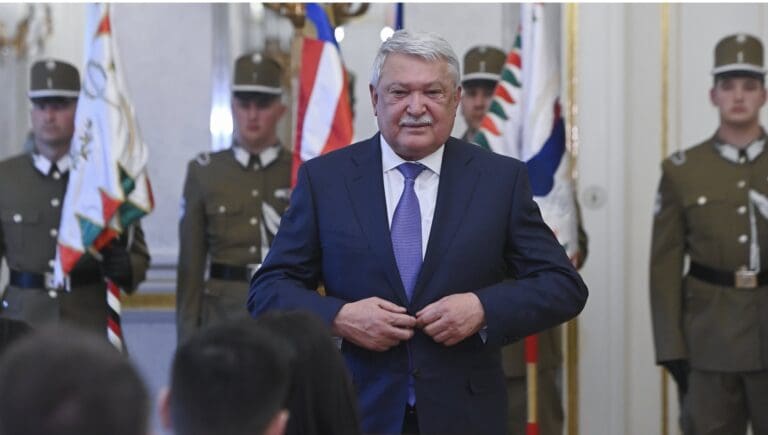It is in Hungary’s interest that our churches are not only lifeless parts of our cultural heritage but remain homes of living communities, Minister of the Prime Minister’s Office Gergely Gulyás stated on Sunday at the Reformed Church of Angyalföld.
During a service for the renovation of the church, Gulyás emphasised that Christianity is the ‘most personal public affair’. Looking back at Hungary’s history from its foundation to the present day, it is clear how much Christianity has contributed to the life of the Hungarian people. The minister stated: ‘We must remember how it shaped our thinking and culture, how it showed us the way in good and bad times’, then adding:
‘It gave us strength to face difficulties, and hope that, even in the hardest times, we can believe in a better future.’
Referring to the congregation of Angyalföld, he cited its origin: at the beginning of the last century, a few enthusiastic young pastors began a mission in the poor, working-class neighbourhood. The mission gained new strength when the ‘exiles of Trianon’, the ‘wagon-living refugees’ who were resettled from Transylvania to Angyalföld, also joined the congregation. The people living here not only built but also preserved the church and its group of worshippers during the hardest decades of the 20th century, even when it required tremendous efforts, said the minister.
He emphasised that
building a place of worship is always building a community.
The members of the Angyalföld congregation, who listen to God’s word together on Sundays, those who follow the sermons online, and the 400 schoolchildren who study Reformed religion in Angyalföld schools, all make up a community. These people participate in each other’s lives, share their faith, ‘share our ultimate hope’, rely on each other, and take advantage of the various opportunities provided by the congregation, Gulyás underscored.
Zoltán Balog, president of the Hungarian Reformed Church’s synod, preached about a section of the Book of Proverbs in his sermon, saying that one of Solomon’s wisest pieces of advice is that a person should not put themselves first, or base the perception of others based on themselves. For ‘whoever starts with themselves, will eventually be left only with themselves.’ Therefore, ‘let us start with God’, for those who do so will eventually realise that
‘we are not the ones who start with God, but he is the one who starts with us.’
God was also the one who started with Abraham when he told him, ‘leave your land behind,’ and did so again with Moses, commanding him to lead his people out of the ‘house of slavery,’ and he stopped Paul the Apostle on the road to Damascus so that Saul could become Paul. Balog went on to say that true knowledge begins with being in awe. The beginning of knowledge, wisdom, is when a person is in awe of the Creator of the world who deems him worthy of opening a way to know him.
From being in awe comes trust, from trust comes faith, and from faith comes the confession of faith, the bishop said, adding that this is the never-ending story called eternity.
In his welcome speech, Mayor of the 13th district József Tóth called it important that the district’s churches remain open and keep serving the community. In his opinion, the cooperation between the municipality and the historical churches in the district is balanced and harmonious.
The cornerstone of the Frangepán Street Reformed Church and Parsonage was laid in 1927, and its construction was completed in 1933. The renovation of the church began in 2017, starting with the rebuilding of the temporarily restored tower that was damaged during World War II. In 2022, the roof and façade were renovated. The cost of the project was covered by donations from church members, as well as government grants awarded.
Related Articles:

